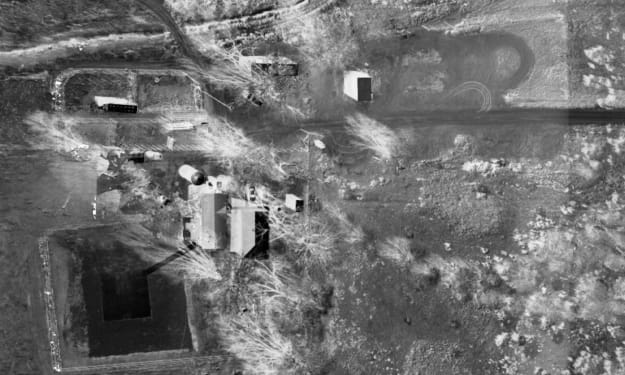Marvels of Temerant
Wondrous World of “The Name of the Wind”
Of all the fantasy worlds I’ve loved before, did I ever fall the way I fell for the world of Temerant? The Name of the Wind unfurled a narrative tapestry so rich and delightful that I read it, and The Wise Man’s Fear, each seven times the year I discovered them. Seven times, of course, for all the sevens that appear in these enchanted pages. What makes this world stand apart from the rest? There are many things. But perhaps the key to its singularity is that it begins in defeat –the hero in hiding– bitter and burdened by remorse and regret.
There is great compulsion in this structure. We readers know how this journey ends. Happily-ever-after is banished from the start. Our protagonist is washed-up, a failure. Our certainty is set with the knowledge that this will not go the way we want. And yet... how eagerly we dive in. We long to learn how it all went so terribly wrong. How Kvothe wove the world’s greatest yarn and made himself a living legend. His storied fall from grace intrigues us, and we search for early signs of his demise. We must discover what destroys a god.
We enter Kvothe’s world through the machinations of Chronicler, and find ourselves in a familiar fantasy land of players and taverns, of nobles and fiefdoms, and traveling tinkers. But this comfortable territory soon gives way to the urban morass of Tarbean, a medieval metropolis of filth and frills. The city is monstrous in size, rolling endlessly in all directions, with death and danger around every corner; peril comes not by the mischief of demons or magics of Fae creatures, but springs from the cruelty of human beings. There is no power here, none of the mystery we are so eager for Kvothe to untangle. Tarbean’s sterile, secular sprawl is a necessary primer for the wonders of the world around the University, where science and magic truly merge.
Having left the darkness of Tarbean’s twisted streets, we arrive at the University, where all knowledge collides. The city is full of impossible things. Sympathy lamps glow without heat or flame. Iceless boxes keep food frosty without a drop of water. Twice-tough glass that can survive the fall of hammer blows. But these are revealed as pieces of clever craftsmanship that come more from meticulous mechanics than from mystical power. Kvothe is disappointed by this magic-less reality. After so much struggle, he only half believes in the Name of the Wind, until he sees the might of Master Namer commanding stone into swirling dust. We have been in accord with our hero’s skepticism, and now we join him in awe. The magic is real. And we are determined to learn it.
Above all, there are the characters themselves, so tangible in their differences and dispositions. Hailing from separate lands, they bring their customs and cultures with them. Dry Wilem’s Cealdish sense of clear-cut practicality offsets the dramatic decadence of Savoy’s Modegan background. The prudish Commonwealth shows in gentle Simmon’s straight-laced sensibilities. And the blunt eloquence of the Adem and their hand-speech puts our own florid and impersonal manner of speaking into stark perspective.
Each player in Kvothe’s story is a gem of personality. From his friends to his enemies, each individual is vibrant and memorable. Mercurial Devi and moonbeam Auri charm in equal measure. Even Ambrose’s aggressive antagonism and Hemme’s disdain are not without wit and humor. Elodin’s happy madness is infectious, seeming senselessness revealing genius underneath. Every person is a world unto themselves, with thoughts and feelings so believable that we cannot help but invest in the fates of those who cross Kvothe’s path, still knowing he will lose them all by the time this story begins.
Endearing also is the truth of Kvothe’s tall tales. His deeds have morphed into miracles, the stories soaring to mythical heights in their scale. A dragon slayer! A King killer! The sorcerer! He calls down fire and lightening on his foes. To see the contrivances behind the marvelous mask touches a nerve in all of us. For who among us can truly claim that we have not made ourselves heroes of our own stories? The player plays the part. And we are all guilty of joining Kvothe in this game at one point or another. The world of Temerant, in many ways, mirrors our own. But it also solemnly reflects what we are like, and that is the power of The Name of the Wind.
There is a deep and peculiar empathy that comes from traveling alongside a character destined to fail. This fixed and tragic doom eats at us with the turn of every page. And so, we are caught. Spellbound by a tale promising love and betrayal, of a radiant rise, and folly most fatal.
About the Creator
Amelie Marine
striving for the laurel & lyre






Comments
There are no comments for this story
Be the first to respond and start the conversation.